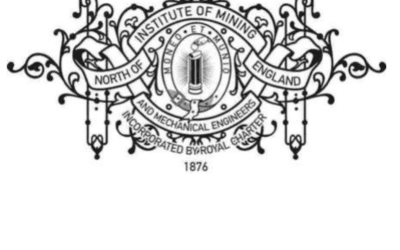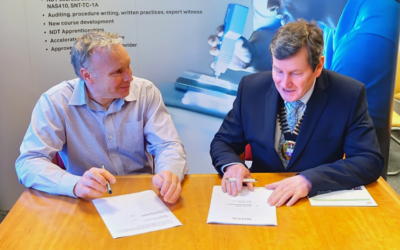During the COVID-19 induced lockdown, the use of social media has exploded. Numbers from The Institute of Corrosion’s social media accounts show that members are staying in touch and connected to their professional life as well as their personal.
Coronavirus has shown the world many things. One of these is that our human need to connect with others remains strong – and when we can’t interact in person, we’ll find other ways of doing so. From cave drawings to smoke signals to telegrams to telephones, we humans have always innovated new ways to interact remotely.
Of course, the world has moved on from smoke signals to social media as a preferred channel of communication, interaction, and information sharing. The unprecedented times in which we currently find ourselves has shown just how much we now rely on social media – and the Institute of Corrosion has not been left behind.
According to recent data from GobalWebindex, social media is a core activity of people in lockdown. Almost half of internet users say they are spending more time on their social media and on messaging services. More than a third are spending more time on mobile apps. Interestingly, now the social media bug has hit, one in five people expect to continue to spend more time on their social media after the COVID-19 outbreak has passed.
The Institute has been developing its social media this year. It can now be found on LinkedIn, Facebook, Instagram, and Twitter (links to these sites can be found in the March/April Corrosion Management). Content includes blogs, news, and market information which is shared with the world. The Institute’s members are encouraged to become involved in the conversation about corrosion by posting on the Institute’s social media and sharing its content, and this is beginning to happen.
Our social media numbers are growing tremendously. For example, the number of members on the LinkedIn group page are up by around 15% this year, and moving toward 2,500. That’s a faster rate of growth than the LinkedIn platform itself has experienced. Its number of members has only increased by around 2.25% this year.
The Institute’s ambition of increasing global reach is being helped by its social media presence, too. When breaking down its audience, the number of visitors to the website – in large part driven by its social media and organic search – increased by around 9.5% in the last three months compared with the previous three months.
While the UK accounts for around a third of site visitors, the Institute’s new focus on digital communication channels is paying dividends around the globe. Visitor numbers from the Europe rose strongly, led by the Netherlands with a colossal increase of more than 25%. Visitors from the United States increased by a very impressive 15%. India was next on the list, with almost 13% more visitors than in the previous period, followed by Nigeria and UAE among others.
When the Institute rebranded, it rebranded its website simultaneously. The greater depth of content on the site now includes regular blogs, news, details of all training and certifications, and a members-only area with exclusive content. The efforts by all involved are being recognised by a growing audience.
Together with its improving social media presence and this magazine, the Institute of Corrosion is keeping a worldwide community in touch with all the latest news, views, and developments in corrosion. Additionally, it is providing new ways for you to develop your professional network through your membership of the Institute of Corrosion. Points that were noted at the recent Council meeting, in which a good deal of appreciation was expressed for the work of both the magazine and recent social media activity.


